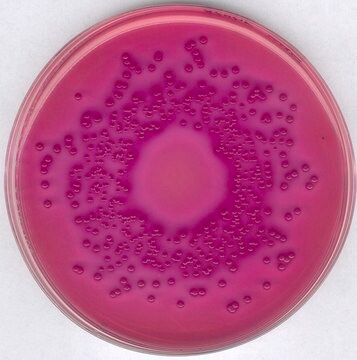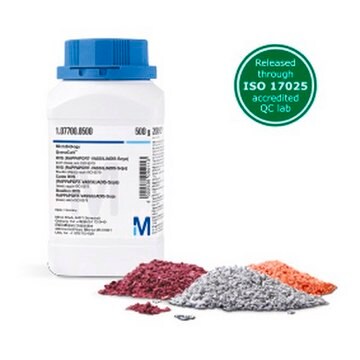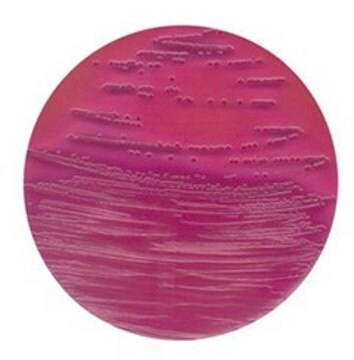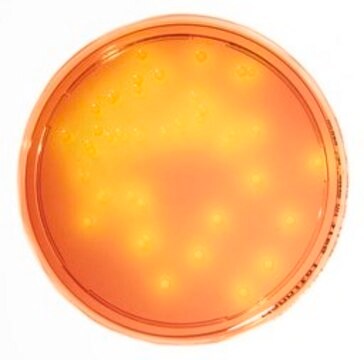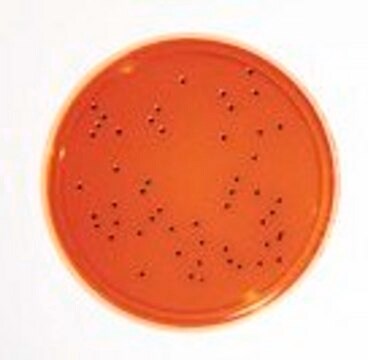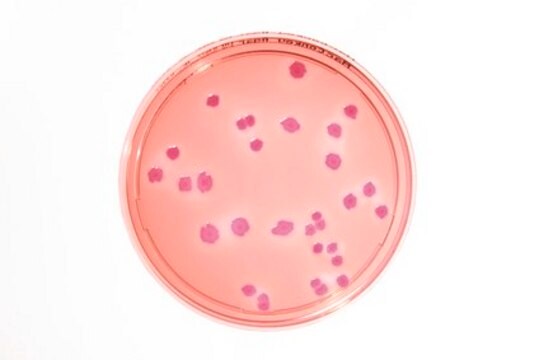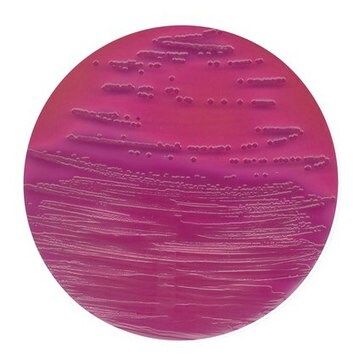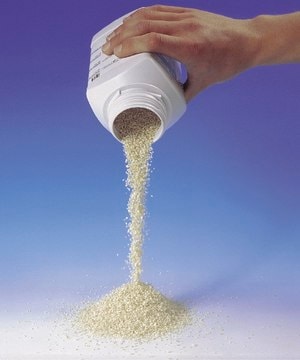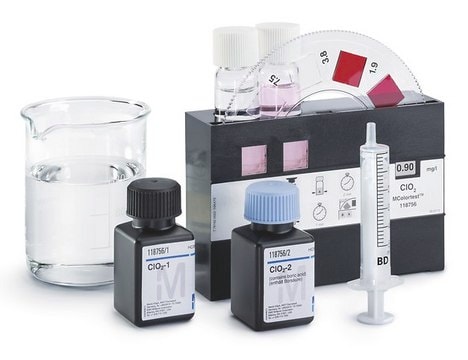1.46000
HEIMPLATE Violet Red Bile Dextrose Agar Settle plate
Heimplate, APHA, USP, ISO 21528, JP, plate diam. × filling volume 90 mm × 30 mL/ft
Synonym(s):
VRBD, Violet Red Bile Glucose agar, Crystal Violet Neutral Red Bile Glucose agar
About This Item
Recommended Products
Agency
APHA
EP
ISO 21528
JP
USP
Quality Level
sterility
sterile
form
plate (ready-to-use)
feature
ready-to-use
ICR Settle plate
manufacturer/tradename
Heimplate
packaging
pkg of (20 or 120 plates per box)
technique(s)
microbiological culture: suitable
plate diam. × filling volume
90 mm × 30 mL/ft
pH
7.4 ( in H2O)
application(s)
microbiology
pharmaceutical
surface monitoring
storage temp.
15-25°C
suitability
Escherichia coli
Salmonella spp.
coliforms
Related Categories
General description
Application
Storage Class Code
13 - Non Combustible Solids
WGK
WGK 2
Certificates of Analysis (COA)
Search for Certificates of Analysis (COA) by entering the products Lot/Batch Number. Lot and Batch Numbers can be found on a product’s label following the words ‘Lot’ or ‘Batch’.
Already Own This Product?
Find documentation for the products that you have recently purchased in the Document Library.
Articles
Culture Media for Compendial Methods
Protocols
Revised EN ISO 21528:2017 for detection and enumeration of Enterobacteriaceae in the food chain.
Our team of scientists has experience in all areas of research including Life Science, Material Science, Chemical Synthesis, Chromatography, Analytical and many others.
Contact Technical Service